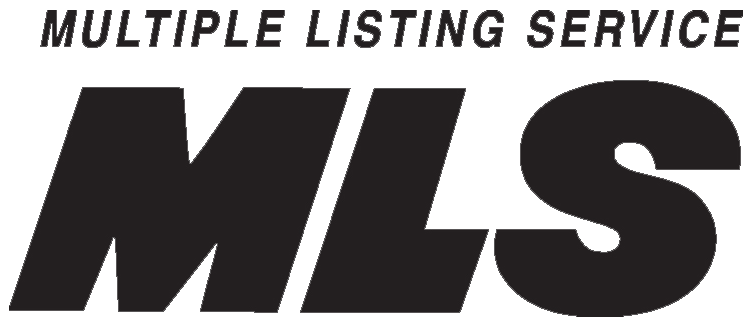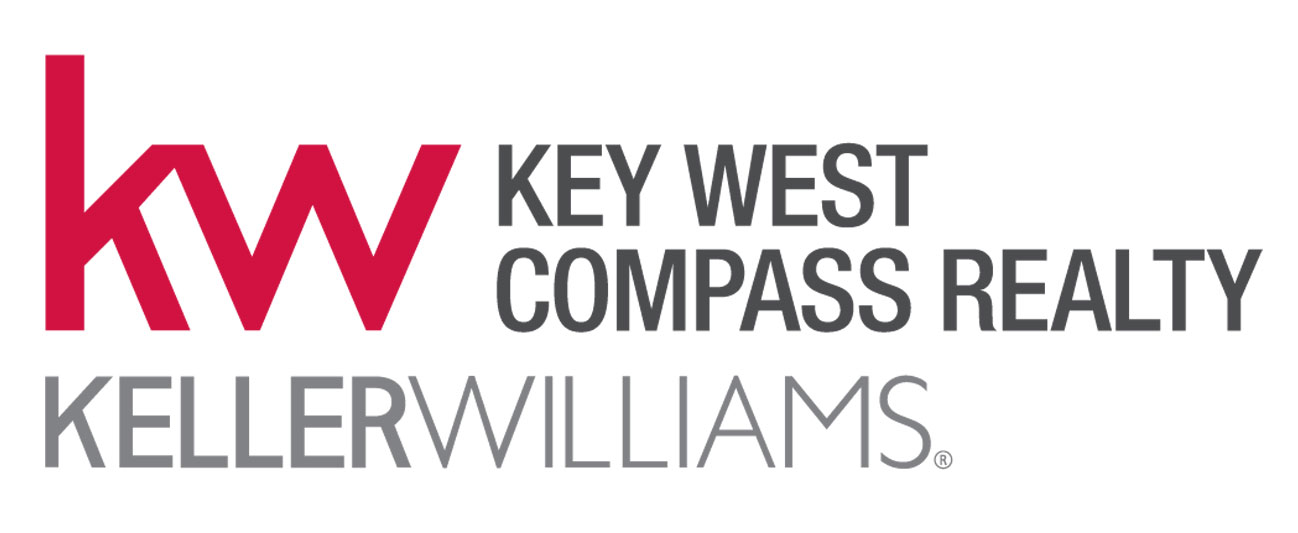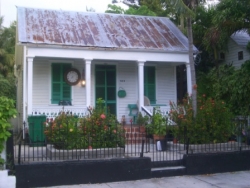In 1992 the Florida Legislature created Florida’s housing trust fund with the passage of the William E. Sadowski Act (Act). The Act created two trust funds; a state government housing trust fund with thirty-one percent of the funding and a local government trust fund with sixty-nine percent of the funding. A host of studies by the state and by the non-profits that support the Act point out the positive multiplying effects of the Act both in financial and social terms. Yet, government legislatures often remove funds from these trusts for non-trust purposes. Why is this good deed going punished?
The William E. Sadowski Act receives revenue in two ways; it raised the statewide documentary stamp tax (transfer tax on deeds) by ten cents per $100, effective August 1, 1992. Second, the Act transferred ten additional cents of existing documentary stamp tax from the general revenue to the affordable housing trust fund, effective July 1, 1995.
The trusts fund a number of state and local programs. Key programs include the State Housing Initiatives Partnership (SHIP) Program, which receives approximately 66 percent of the funding; the State Apartment Incentive Loan (SAIL) Program, which receives about 20 percent of the funding, and other programs, including the Predevelopment Loan Program (PLP), the Homeownership Assistance Program (HAP), the Affordable Housing Guarantee Program, and the Catalyst Training and Technical Assistance Program. Sadowski funds also support homeless housing programs administered by the Florida Department of Children and Families.
SHIP provides funds to local governments to create partnerships that renovate existing affordable housing and assist in paying downpayment and closing costs.
SAIL provides low-interest loans to developers for the construction or rehab of affordable multi-family housing. This money often bridges the gap between the development's primary financing and the total cost of the development.
During the boom years of early 2000's, the Act produced so much money it could not or was not fully appropriated. The Legislature, in a compromise, agreed to cap the total revenues received at $243M. Amounts above went to the General Revenue Fund. (For example in 2008 there were $596M in state and local trust funds). State and local trusts now (2013) hold approximately $205M.
Historical economic data about the multiplying effect of these trusts states if the $205M were spent via SHIP and SAIL 15,770 jobs would be created with an economic impact of $1.5B. (According to the Sadowski Housing Coalition)
Historical social research shows affordable housing lowers homelessness, crime, drug use and provides a more stable and nurturing environment for families and communities.
Where are we right now?
The 2013 - 2014 Legislative session wants to direct $205M away from SHIP and SAIL programs, placing that money into the general fund. The Senate and House have different plans for the direction, management and repayment, or not, of these funds but the near-term trend points away from the founding design of the Act and towards increasing legislative activism.
Some repayment into Sadowski can be expected from a $334M windfall Florida received related to mortgage banks and unfair lending practices. Much of the windfall is likely "tagged" for use as part of the payout so how much goes into Sadowski is debatable.
What can you do?
Our State Representative is Holly Raschein. Ms. Raschein was one of the Representatives to vote, in a losing cause, against directing Sadowski funds to the general fund. According to District Executive Secretary Kate DeFoor, "During this session Representative Raschein filed an amendment to the Community Development bill, HB437, that will set aside two small projects each year, in statute, for Monroe County through the Florida Housing Finance Corporation". The language states “To adopt rules prescribing a priority to fund affordable housing projects in the Florida Keys Area of Critical State Concern and the City of Key West Area of Critical State Concern where, due to challenging environmental, land use, transportation, workforce, and economic factors, it is extremely difficult to successfully finance, develop, and construct affordable housing.”
Please contact Rep. Raschein here to voice your support for her pro-Sadowski issues.
Second, there is a Florida Housing Coalition statewide annual conference in Orlando this September. Scores of individuals and organizations dedicated to affordable, respectful housing will welcome you and provide the latest on how to keep Sadowski viable.
If you have any questions or comments, please contact me here.
Good luck!
Additional resources:









